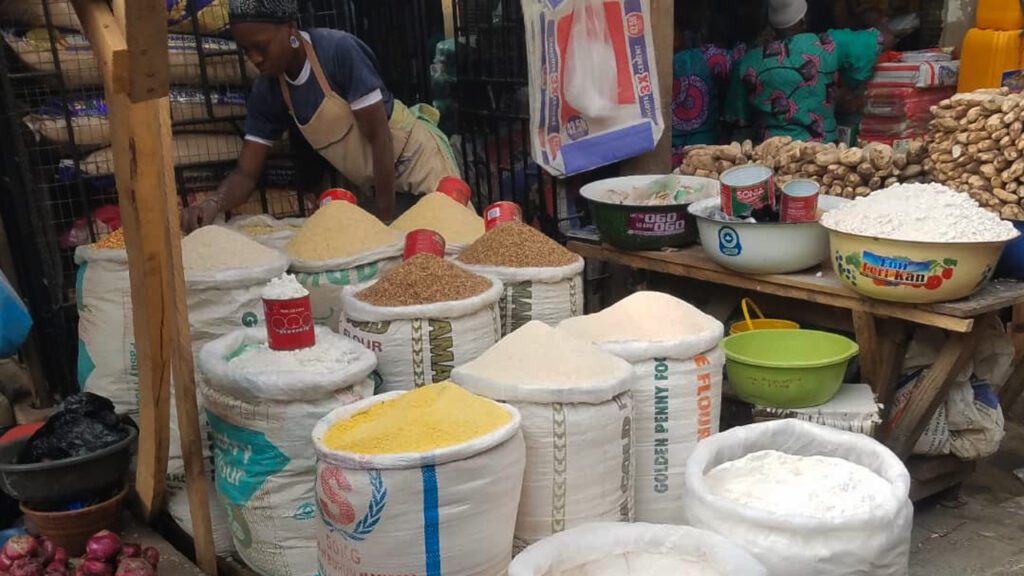Nigeria’s headline inflation rate is projected to slow marginally in July 2025, with analysts estimating a year-on-year range between 22.20% and 22.80%. While seasonal harvests, relative naira stability, and efficiency gains in manufacturing may temper price growth, high food and transport costs are expected to keep inflationary pressures elevated.
This follows June’s inflation rate of 22.22%, where the modest slowdown was largely attributed to base effects. Food and core inflation, however, ticked higher, suggesting that statistical moderation has yet to bring significant relief to households.
Vice Chairman of Highcap Securities, Prof. David Adonri, believes food inflation could begin to ease with the ongoing harvest of staple crops such as maize, yam, and cassava. These, he says, will boost market supply and reduce price pressure in the short term, provided distribution networks function effectively. He also points to the naira’s relative stability over the past quarter, which has limited the pass-through effect of imported food costs.
Managing Director of Arthur Steven Asset Management Ltd, Mr. Olatunde Amolegbe, expects headline inflation to continue a slow downward trajectory. He notes that while food and transport costs remain elevated, lower energy costs compared to earlier in the year may help cushion production and logistics expenses.
Similarly, Managing Director of Rostrum Investment & Securities Ltd, Mr. Sunday Olaitan, projects July’s inflation to fall within the 22.2%–22.8% range. He highlights that while naira stability and manufacturing efficiency gains may help curb further increases, structural cost drivers remain in place. He warns that elevated fuel prices, insecurity in producing regions, and logistical bottlenecks will keep food prices high. Even if pump prices ease, he says, the impact will be muted unless other cost pressures also decline.
Key Drivers of July 2025 Inflation
- Food supply – The harvest season is boosting staple availability, but insecurity and weak transport infrastructure are keeping prices elevated.
- Energy costs – Fuel prices have ranged from N861 to N1,100 this year, sustaining transportation and production expenses.
- Exchange rate stability – Reduced FX volatility since Q1 2025 has helped limit imported inflation. Any renewed naira weakness could quickly reverse these gains.
- Cost of raw materials – High input costs persist, though some manufacturers are offsetting these through operational efficiencies and local sourcing.
- Interest rates – With the Monetary Policy Rate steady at 27.5%, analysts believe FX stability and supply-side improvements are more crucial for near-term relief than further monetary tightening.
Analysts expect July’s inflation figures to move sideways rather than accelerate sharply. The real test will come in August and beyond, when the full impact of the harvest season is felt, and naira stability faces global and domestic pressures.
For now, Nigerians are watching markets, fuel pumps, and exchange rates closely balancing cautious optimism with the reality that inflationary pressures remain deeply entrenched.
Stay tuned to 9am News Nigeria for more Breaking News, Business News, Sports updates And Entertainment Gists.
















